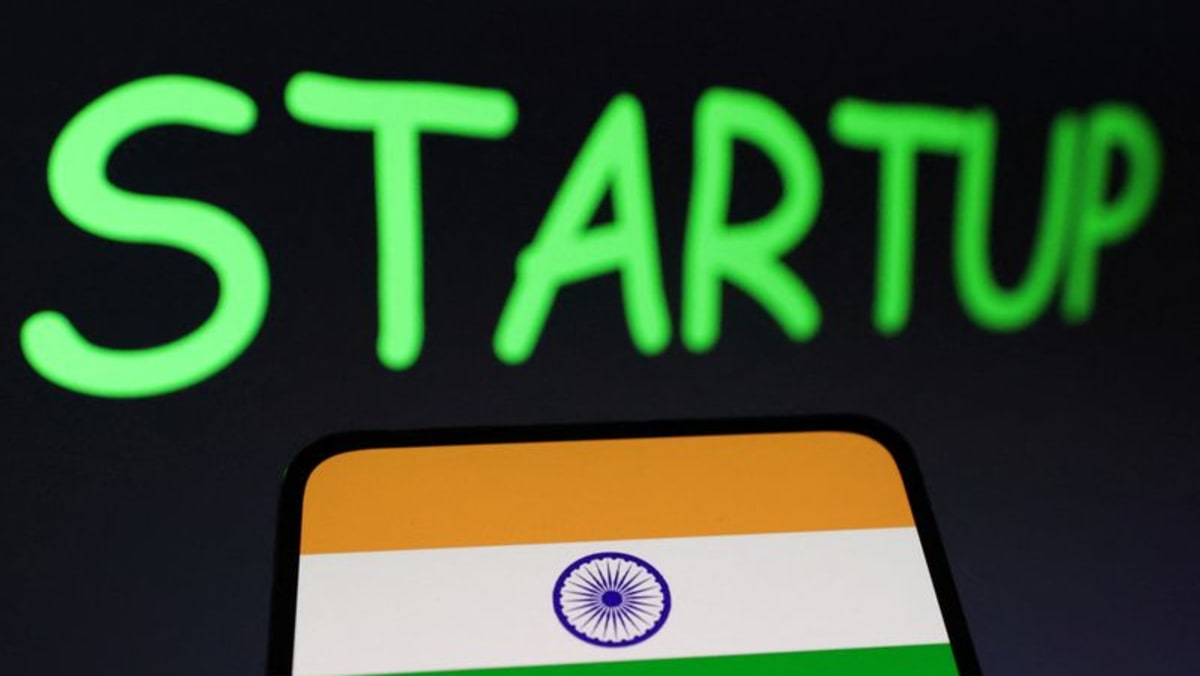
The firm said that while it has enough capital for the moment, it has generally been a tough time for Indian startups trying to raise funds.
“With the funding winter here, there have been some ups and downs in the market because of largely macroeconomic factors like inflation, global economy slowing down, the Ukraine war and so on,” said its founder Prashant Bhonsle.
CRUCIAL TO INDIA’S ECONOMY
There are about 80,000 startups registered in India, according to government figures.
Valued at more than 3 trillion rupees (US$36 billion), the sector has become an increasingly important part of the nation’s economy.
A record number of these firms have become “unicorns” – a term used to describe startups valued at over US$1 billion – in recent years.
However, the number has slowed drastically amid the funding winter.
Research firm Hurun reported that only three companies have become unicorns in India this year, compared to 24 by this time last year.
At their peaks, the valuations of firms became overinflated and capital was being deployed into startups with unsustainable business models, according to analysts.
Investors have revised their valuations of big name Indian startups downward, including food delivery app Swiggy and education technology company Byju’s.
Major global investment firms including Tiger Global Management and Softbank Group are now doing fewer deals in India.
A SILVER LINING?
Industry experts said venture capital and private equity investors are being much more rigorous in their assessments and cautious about which companies they choose to invest in.
However, this may not all spell bad news for India’s economy and startup scene, they noted.
“The reset that we are experiencing right now is going to be healthy for the economy in the long term,” said advisory firm Bexley Advisors’ managing director Utkarsh Sinha.
“This is going to lead to the creation of very good and robust companies which are focused on having a line of sight towards profitability or exits.”
While there are still funds to be deployed, analysts are urging startups to be realistic about their valuations and have sustainable business models in this environment, in order to survive.
“The ones who are waking up to that reality and building that bridge to the other side will do well. Those who don’t, unfortunately, would probably not survive this winter,” said Mr Utkarsh.
Despite the correction, industry players are optimistic about brighter days ahead.
Analysts said there remains plenty of scope for companies to come up with solutions and offer services in the world’s most populous country.
Industry insiders are hopeful that India’s startup ecosystem will emerge stronger once the winter thaws.

